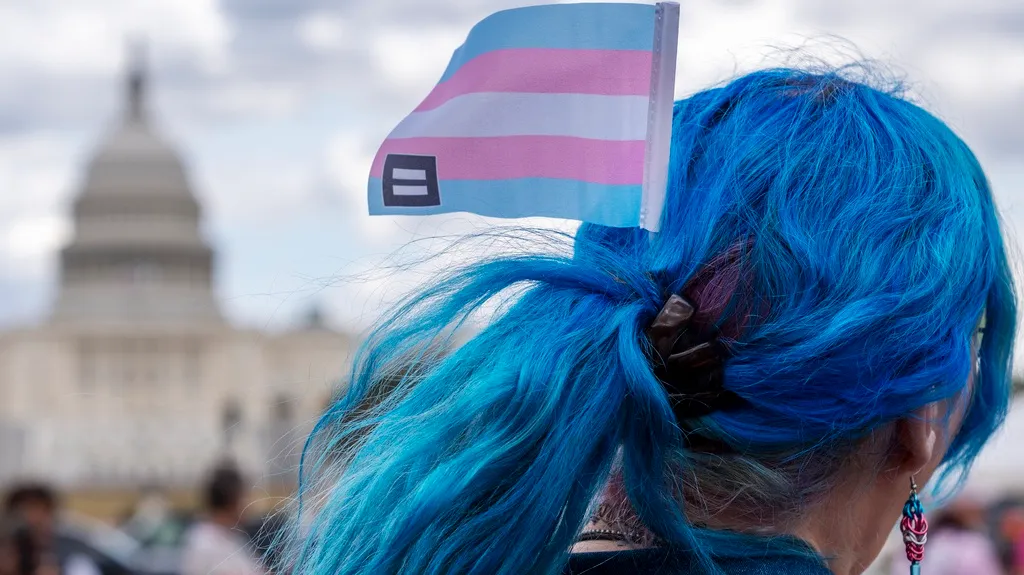August 20, 2011
Researchers: Life Partners Share Good, Bad Health Habits
Kilian Melloy READ TIME: 2 MIN.
Life partners gay as well as straight influence one another when it comes to health habits like healthy diet choices. But researchers found some intriguing differences between straight and gay couples: Among heteros, the men got the blame for being a "bad influence," while among gays both partners owned up to having a measure of responsibility.
"While previous research focuses nearly exclusively on how intimate relationships -- particularly marriage -- are health-promoting, these findings extend this research to argue that intimate partners are cognizant of the ways in which they promote the unhealthy habits of one another," sociologist Corinne Reczek said, according to an Aug. 18 Science Daily report.
Reczek, who is with the University of Cincinnati, is slated to present the study's data at the upcoming American Sociological Association annual meeting, which will take place in Las Vegas on Aug. 23.
The study probed yielded three "distinct findings into how unhealthy habits were promoted through these long-term, intimate relationships" among straights and gays, the Science Daily report said; "through the direct bad influence of one partner, through health habit synchronicity and through the notion of personal responsibility."
When it came to mixed-gender couples, the male partner shouldered the blame for bringing unhealthy habits into the relationship that the female partner would then participate in.
With gays, however, there was reciprocity. Though the partners might not engage in unhealthy choices, such as smoking or consuming junk food, while by themselves, if one partner engaged in such conduct at a time when the other partner felt susceptible to temptation, then both partners would end up indulging.
"Gay and lesbian couples nearly exclusively described how the habits of both partners were simultaneously promoted due to unhealthy habit synchronicity," Reczek said.
Among heterosexuals, when one partner engaged in unhealthy behavior and the other did not, the non-participating partner tended not to try to dissuade their mate, seeing the exercise of poor health choices as a matter of "personal responsibility," Reczek said.
The University of Cincinnati study is almost without precedent in looking at how gay and lesbian couples influence one another's health choices. The article noted that researchers have long recognized that among long-term life partners, good health habits are also communicable: One partner might take better care of him or herself to please the other partner, or both partners might reinforce each other's resolve to adopt good habits.
The survey "asked a series of open-ended questions about smoking, drinking, food consumption, sleep patterns, exercise habits and other health habits" of its 122 participants, the article reported. Those who answered the survey's questions were in stable, long-term relationships that had lasted anywhere from 8 to 52 years.
Kilian Melloy serves as EDGE Media Network's Associate Arts Editor and Staff Contributor. His professional memberships include the National Lesbian & Gay Journalists Association, the Boston Online Film Critics Association, The Gay and Lesbian Entertainment Critics Association, and the Boston Theater Critics Association's Elliot Norton Awards Committee.


